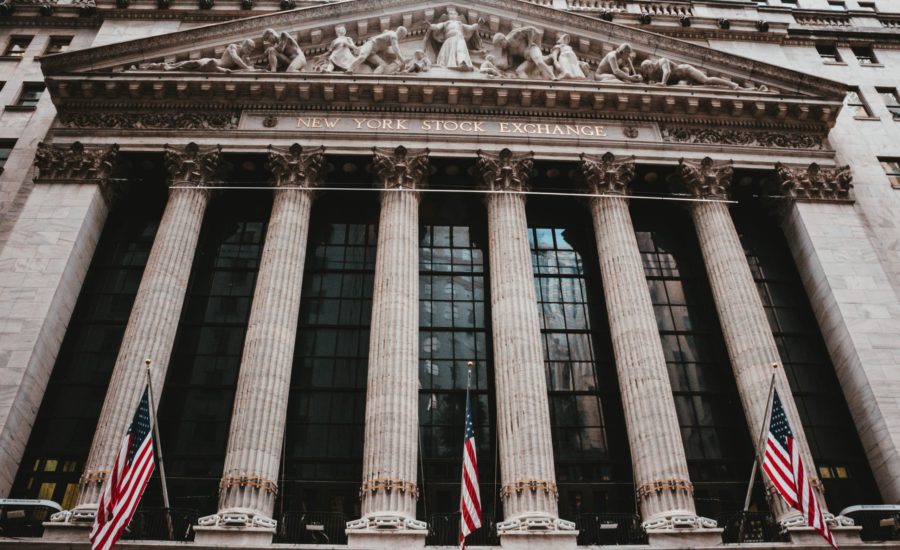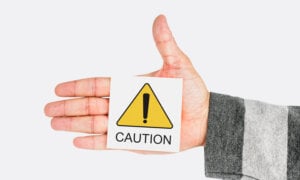What do recent stock market gains really mean?
While stocks are still down by about 20% since February 21, 2020, U.S. and Canadian equities have risen by about 25% since March 23. With COVID-19 still cutting its devastating path around the world, what does it mean—and what should investors do, if anything?












On the question of why have the markets rebounded so nicely … No mention of the Trillions of dollars sent in to save the day by central banks around the world? Really?
Markets around the world have been on life support for the better part of 20 years now and even with this support returns (before fees) have been in the 4-5% range (compounded annually). It’s not a new story … but it is significant. And investors need to know they’re betting on the health of an entity about to hooked up to a ventilator.